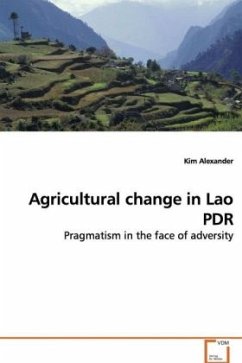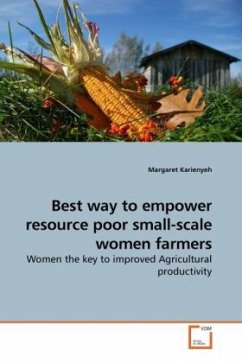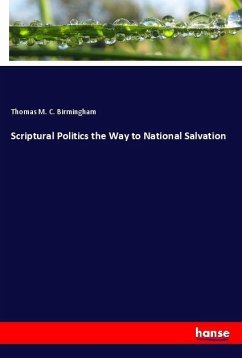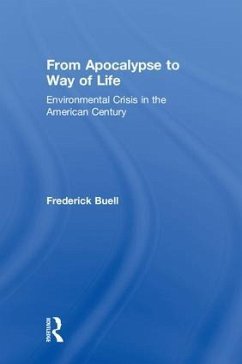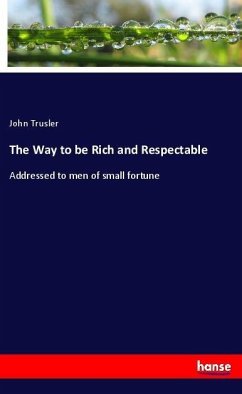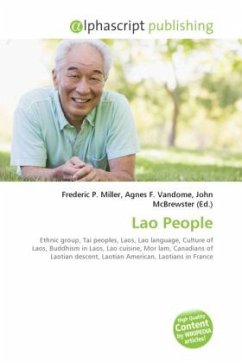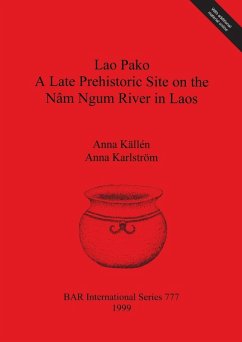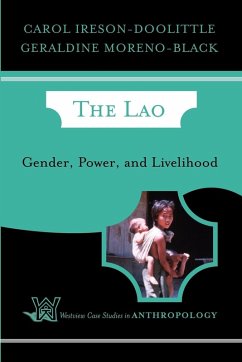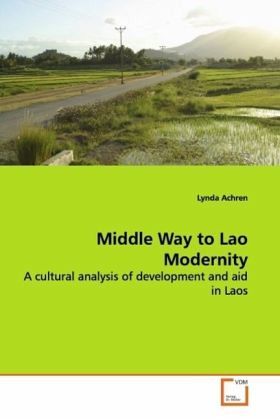
Middle Way to Lao Modernity
A cultural analysis of development and aid in Laos
Versandkostenfrei!
Versandfertig in 6-10 Tagen
52,99 €
inkl. MwSt.

PAYBACK Punkte
26 °P sammeln!
Achren deftly weaves Lao voices into a series of narratives to reveal how Lao values are enacted at classroom, management and policy level in an educational change process. With a development assistance project serving as a lens for viewing broader development issues, the study engages in debates within critical development studies and applied linguistics, and draws on understandings from sociology. It is argued that the cultural underpinnings of Lao pre-colonial, Buddhist-legitimated social organisation has continued to influence the values and priorities of the ethnic Lao throughout their hi...
Achren deftly weaves Lao voices into a series of
narratives to reveal how Lao values are enacted at
classroom, management and policy level in an
educational change process. With a development
assistance project serving as a lens for
viewing broader development issues, the study
engages in debates within critical development
studies and applied linguistics, and draws on
understandings from sociology. It is argued that the
cultural underpinnings of Lao pre-colonial, Buddhist-
legitimated social organisation has continued to
influence the values and priorities of the ethnic
Lao throughout their history of foreign domination
and their more recent political embracing of Marxism-
Leninism. The study then examines the disjunctions
between these values and those of the dominant
development discourse with its roots in the
Eurocentric notion of modernity. Ultimately, the
actions of culturally knowledgeable Lao agents
present us with a glimpse of a distinctly Lao
alternative development possibility. As a result,
this book contributes to a deeper, more nuanced
understanding of appropriate development assistance
from Lao socio-cultural perspectives.
narratives to reveal how Lao values are enacted at
classroom, management and policy level in an
educational change process. With a development
assistance project serving as a lens for
viewing broader development issues, the study
engages in debates within critical development
studies and applied linguistics, and draws on
understandings from sociology. It is argued that the
cultural underpinnings of Lao pre-colonial, Buddhist-
legitimated social organisation has continued to
influence the values and priorities of the ethnic
Lao throughout their history of foreign domination
and their more recent political embracing of Marxism-
Leninism. The study then examines the disjunctions
between these values and those of the dominant
development discourse with its roots in the
Eurocentric notion of modernity. Ultimately, the
actions of culturally knowledgeable Lao agents
present us with a glimpse of a distinctly Lao
alternative development possibility. As a result,
this book contributes to a deeper, more nuanced
understanding of appropriate development assistance
from Lao socio-cultural perspectives.



